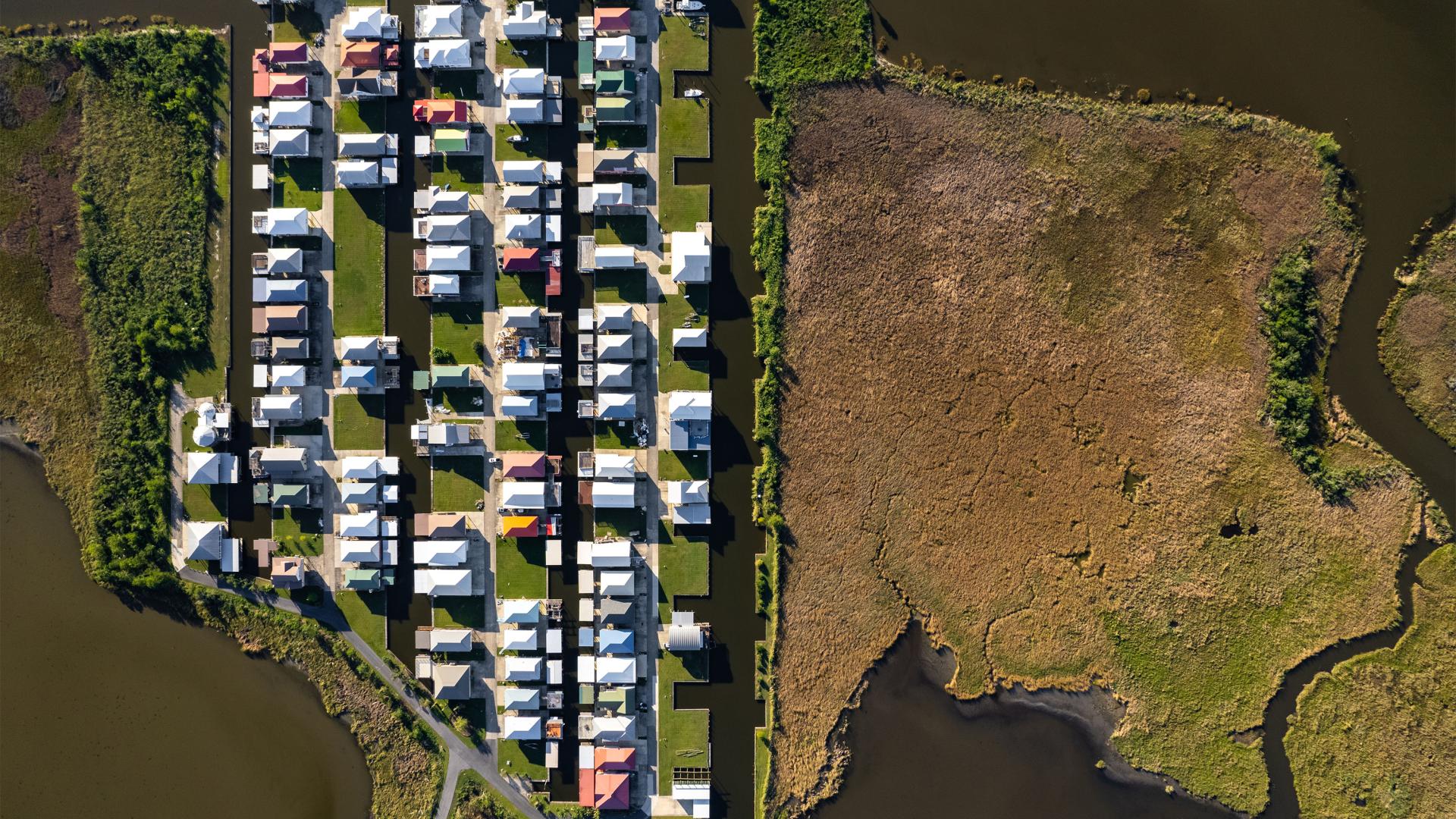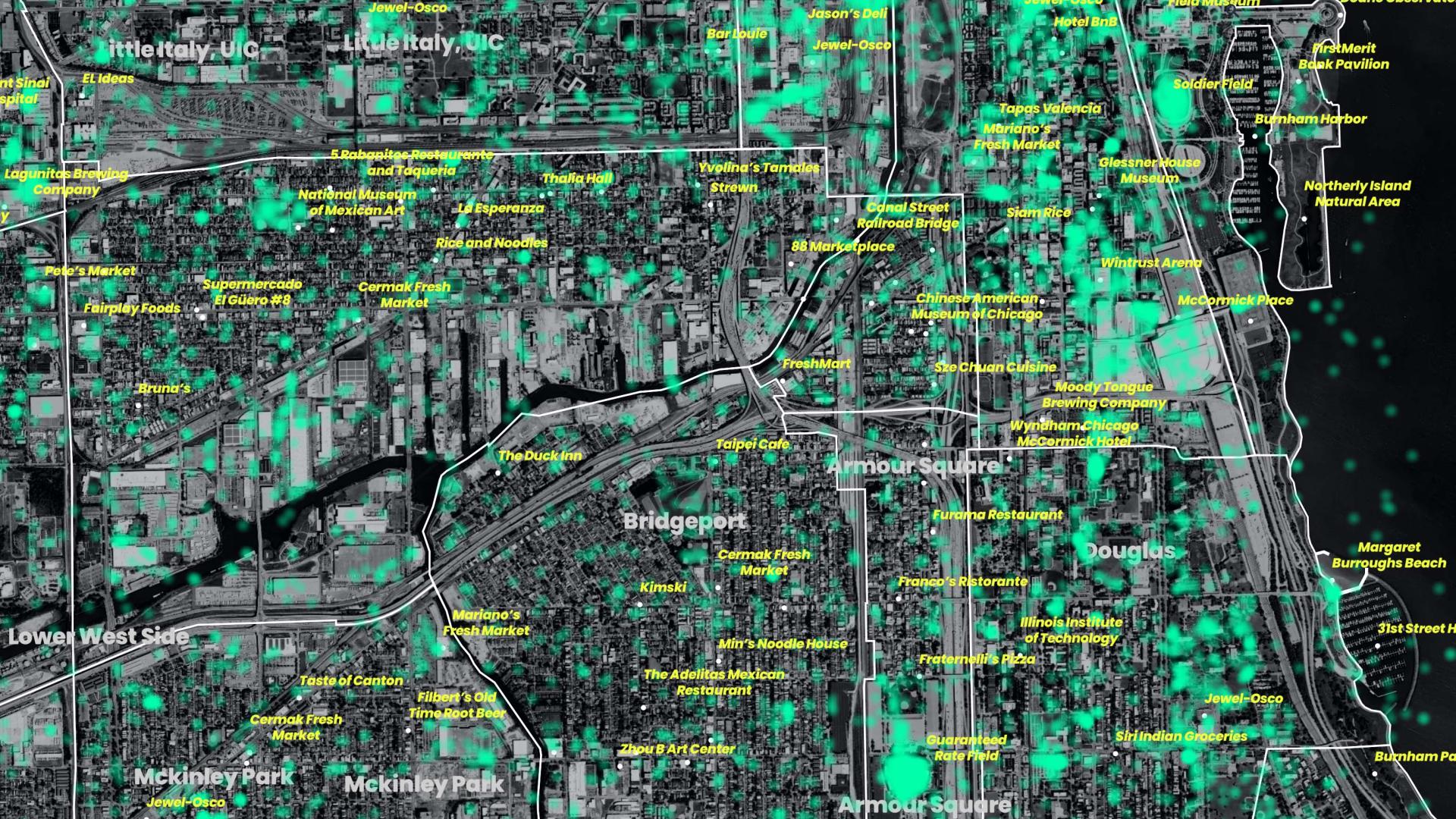Initiatives
The center supports thematic initiatives that involve a variety of activities that include faculty research, student internships, reflective practitioner residencies, and collaboration with our strategic partners.

Urban Climate Change Mitigation and Adaptation
Climate change and its effect on urban populations is one of the greatest challenges of our century. This initiative generates new, actionable, and scalable knowledge about how cities can mitigate and adapt to climate change. Current work focuses on flooding, extreme heat exposure, and air quality in New York City. Supported by a planning grant from the National Science Foundation (NSF), the team is developing a transdisciplinary proposal for a new Civic-led Urban Adaptation Research Center (CIVIC-UARC) that brings together experts across multiple disciplines and institutions, civil society organizations, the public sector, and private industry to support equitable, sustainable, and inclusive approaches to urban climate change adaptation.

Just and Equitable Cities
Rising urban inequality is one of the most wicked and entrenched problems facing cities around the world. This initiative supports research and practices that address how to design, plan, and build more just and equitable cities. Current work focuses on rapid urbanization contexts where new urban residents live in informal settlements that lack access to core urban infrastructure and services. These residents face the constant threat of eviction and efforts to push them to the urban periphery. It is well documented that this pattern of forcing informal settlement residents to the urban periphery, as well as the self-provision of core services, exacerbates city-wide problems of congestion and low productivity, as well as reinforcing patterns of rising urban inequality. The solution is city-wide, participatory, in situ informal settlement upgrading.

Big Urban Data
How can big spatial data be used to understand our dynamic cities? This cross-disciplinary initiative aims to catalyze longer-term urban big data infrastructure to accelerate research, teaching, and engagement-focused urban design and planning practice. It will build our data and technical capacity as a generative resource for researchers and external partners, ranging from public agencies to urban design firms.


